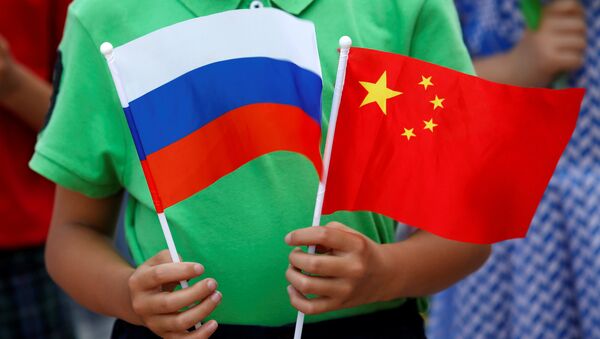In 2015, China Ocean Shipping Co sent a commercial cargo ship on a record-setting trip from China to Europe and back through the Arctic. According to Xinhua News, the ship "sailed nearly 20,000 nautical miles during the 55-day voyage," saving time and fuel compared with going through the traditional route via Malacca Strait and the Suez Canal.
Due to global warming, it will become viable to deliver goods from Europe to the Pacific throughout the Arctic as ice floes melt. There is reason to believe that China would be interested in participating in the development of the NSR, as the waterway will save time and can help China find a way out of the Strait of Malacca dilemma that has long plagued importers and exporters.
The NSR has the potential to become a significant new area for cooperation between China and Russia. It is expected that the Belt and Road initiative will create an opportunity for Russia's NSR ambitions to turn into reality.
However, as ice in the NSR melts, the development of the waterway will also inevitably bring some new challenges to the Sino-Russian relations. The promotion of the Belt and Road initiative in Russia is likely to be a test of mutual strategic trust between the two nations as China's State-owned enterprises increase their presence working on Russian infrastructure, such as ports and railways. Additionally, China and Russia will need to find an effective way to promote the cooperation between the One Belt, One Road initiative and the Russia-led Eurasian Economic Union.
This article appeared originally in the Global Times.



